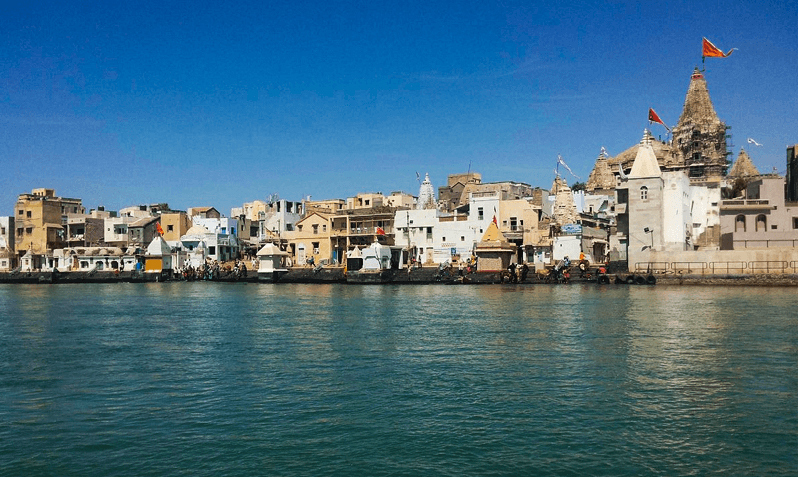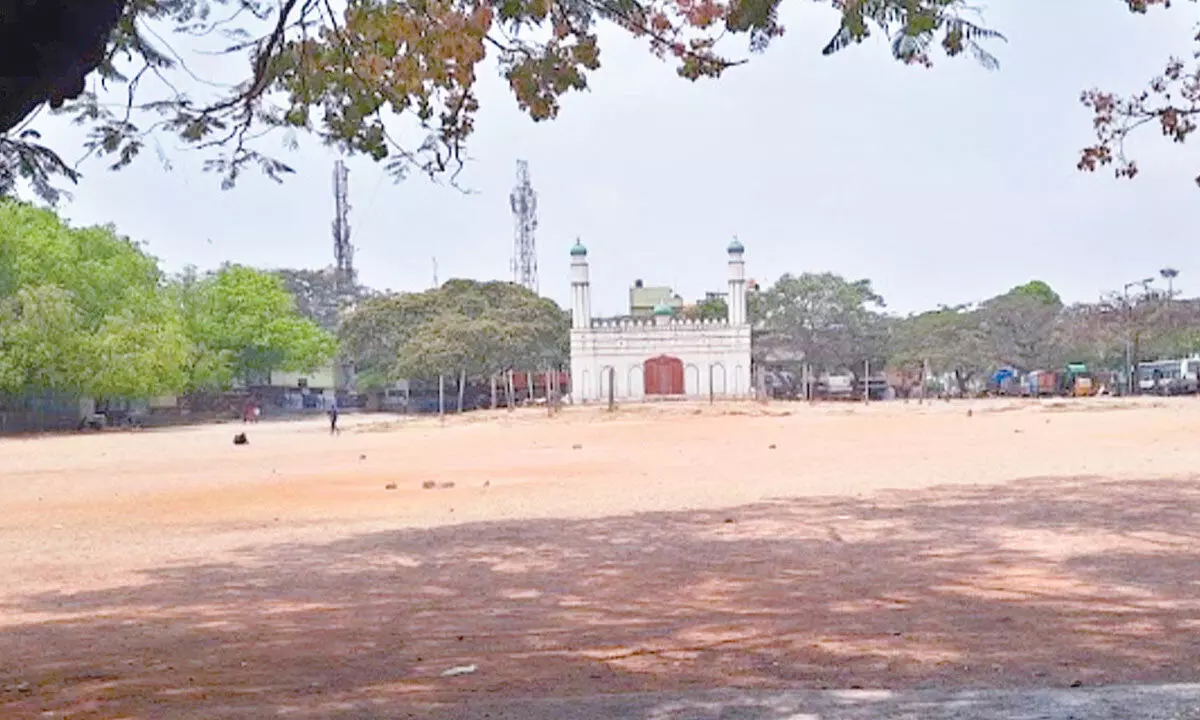- Brahm
- Posts
- The Battle for the Taj Mahal & India’s Sacred Lands
The Battle for the Taj Mahal & India’s Sacred Lands
Waqf Boards Under Fire
First featured on Brown Pundits
Waqf properties, governed under Islamic law, make up the third-largest landholdings in India. Spanning nearly 900k properties & 2.3mn acres—roughly the size of Delaware or Luxembourg—they include iconic sites like the Taj Mahal, Jama Masjid, and Charminar. Despite their cultural significance and prime urban locations, these properties have faced scrutiny for mismanagement, with their total value estimated at ₹1.2 lakh crore ($14.5 billion).

Taj Mahal
Waqf refers to properties dedicated to religious or charitable purposes under Islamic law. Once designated as waqf, ownership is transferred irrevocably to Allah. There are 32 waqf boards in India, including two Shia boards, with about 200 individuals managing them. Once a property is declared waqf, it remains so indefinitely, leading to disputes such as claims on islands in Bet Dwarka, the Bengaluru Eidgah ground, and Kolkata’s Tollygunge Club. Some of these properties, like the Royal Calcutta Golf Club and ITC Windsor Hotel, have historical significance dating back to the Mughal era.
Jama Masjid
The Waqf (Amendment) Bill 2024
The Waqf (Amendment) Bill 2024, currently under review, proposes around 40 amendments to the existing Waqf Act of 1995. It seeks to overhaul how these properties are governed, introducing non-Muslims and Muslim women into Waqf board governance, updating the registration process, and shifting property dispute resolutions from Waqf tribunals to civil courts. The aim is to improve transparency and accountability across the nearly 1 million properties controlled by 32 Waqf boards.

Charminar
Historical Context
Waqf properties trace back to the Delhi Sultanate and were formally regulated during the British era under the Mussalman Waqf Act of 1923. This act aimed to curb the misuse of Waqf properties, but even today, mismanagement, corruption, and encroachments plague these lands, prompting calls for reform. The 1995 Waqf Act, later amended in 2013, did little to prevent the ongoing inefficiencies, leading to the introduction of the Waqf (Amendment) Bill 2024.

Bet Dwarka; islands off the Gulf of Kutch
Management & Efficiency Challenges
Waqf properties are often underutilized or poorly managed, with many not generating adequate income for their charitable purposes. The Waqf Management System of India (WAMSI) was introduced to digitize and oversee property management, but its success has been inconsistent. Encroachments are a significant issue, and Waqf boards have faced accusations of corruption and overreach, claiming properties outside their jurisdiction, such as the controversial case involving a 1,500-year-old Hindu temple in Tamil Nadu.

Bengaluru Eidgah ground: Over 10 acres of land in city-centre were given to the Muslim community by the royal Wodeyar family of Mysuru several decades ago to be used as a burial ground, as well as for Eidgah.
On the other hand, Hindu temple lands, managed by state boards or independent trusts, face their own governance issues but benefit from more structured frameworks and community involvement. While they aren’t immune to mismanagement, the transparency and accountability mechanisms in place tend to be somewhat more robust.
The Politics Behind the Reform
The proposed Waqf reforms have sparked polarized responses from both Muslim and Hindu groups. Muslim organizations, like the All India Muslim Personal Law Board (AIMPLB), have mobilized large-scale campaigns against the bill, citing concerns over religious autonomy and the erosion of Islamic Sharia. Over 50 million emails have been sent to the Joint Parliamentary Committee (JPC) opposing the amendments, reflecting the community’s strong resistance.
The Tollygunge Club (Bengali: টালিগঞ্জ ক্লাব), popularly called Tolly Club, is a country club in India, located in Tollygunge in south Kolkata.Sir William Cruikshank established the club as an equestrian sports facility in 1895 to “promote all manner of sports”. It is spread over 100 acres (400,000 m2), with a clubhouse that is over 200 years old.
Conversely, Hindu groups, including the Vishwa Hindu Parishad (VHP), argue that the reforms are necessary to curb Waqf boards’ overreach and protect Hindu sites. High-profile disputes, such as the Waqf claim on the Tiruchendurai village temple, have intensified their support for the bill. Their motivations are driven by concerns over religious land governance and fears that Waqf boards may misuse their authority to claim properties beyond their rightful scope.

Royal Calcutta Golf Club (RCGC) in Kolkata, India was established in 1829 and is the oldest golf club in India and the first outside Great Britain.[3][4][5]
The Case for Reform
Reforming the Waqf system is not just about improving the governance of Islamic endowments. The Waqf (Amendment) Bill 2024 has the potential to set a precedent for how religious properties—whether Waqf lands, Hindu temples, or Christian churches—are managed across India. Ensuring greater transparency and accountability could benefit all religious communities, creating a more equitable and efficient system for managing these valuable holdings.

The first hotel in the world to achieve LEED Zero Carbon certification, ITC Windsor epitomizes “Responsible Luxury”- environmentally conscious guest experiences without compromising luxury! Located in the heart of Bengaluru, the 42 year old ITC Windsor’s distinct architecture draws inspiration from English manor houses while exuding urban elegance combined with an old-world charm.
Conclusion: Equal Accountability for All
The debate over the Waqf (Amendment) Bill goes beyond religious lines. It raises the crucial question of whether India, as a secular state, should hold all religious institutions to the same standards of governance and transparency. By reforming the Waqf system, the government could pave the way for greater accountability across all religious endowments, ensuring that these vast holdings serve their intended charitable and religious purposes while benefiting the broader community.